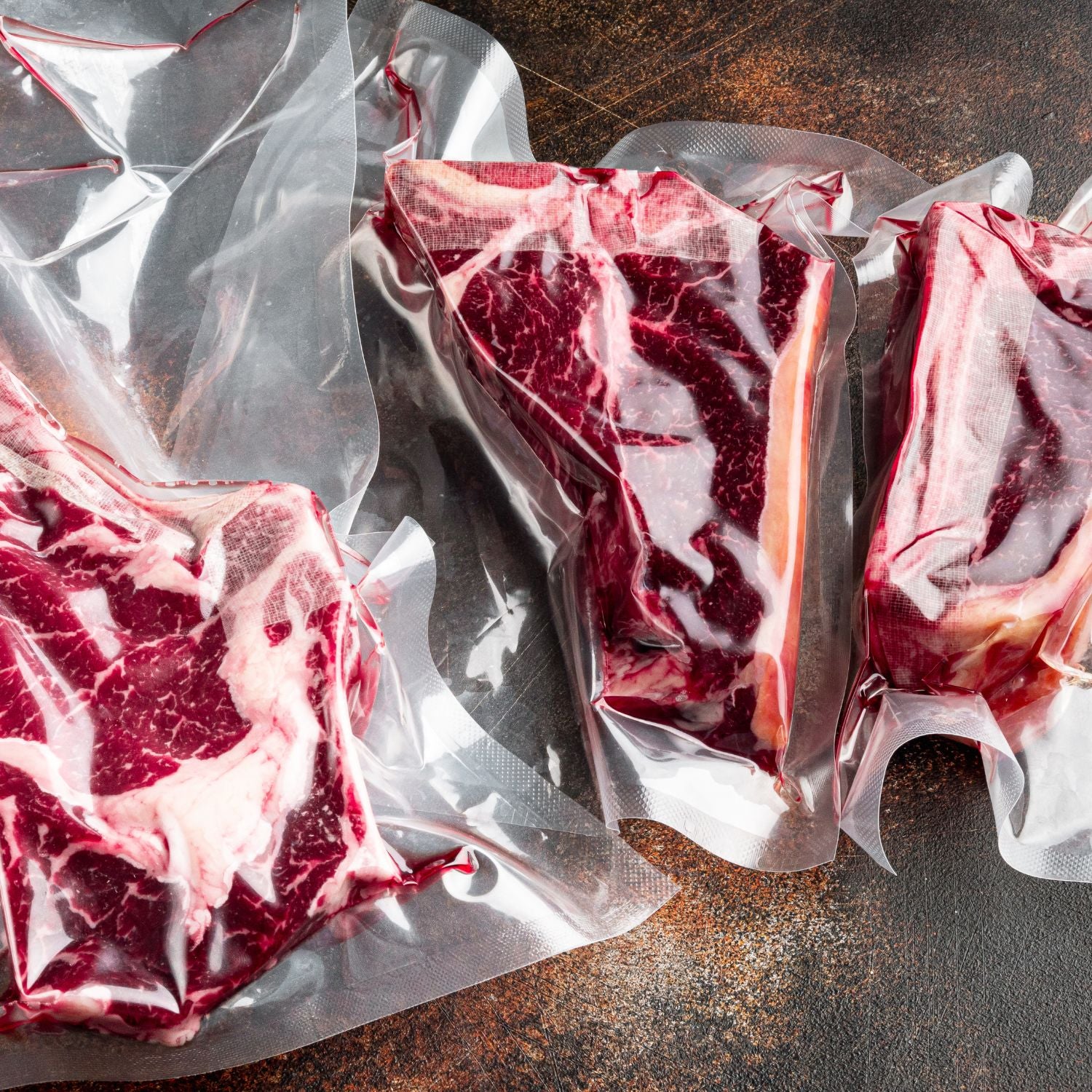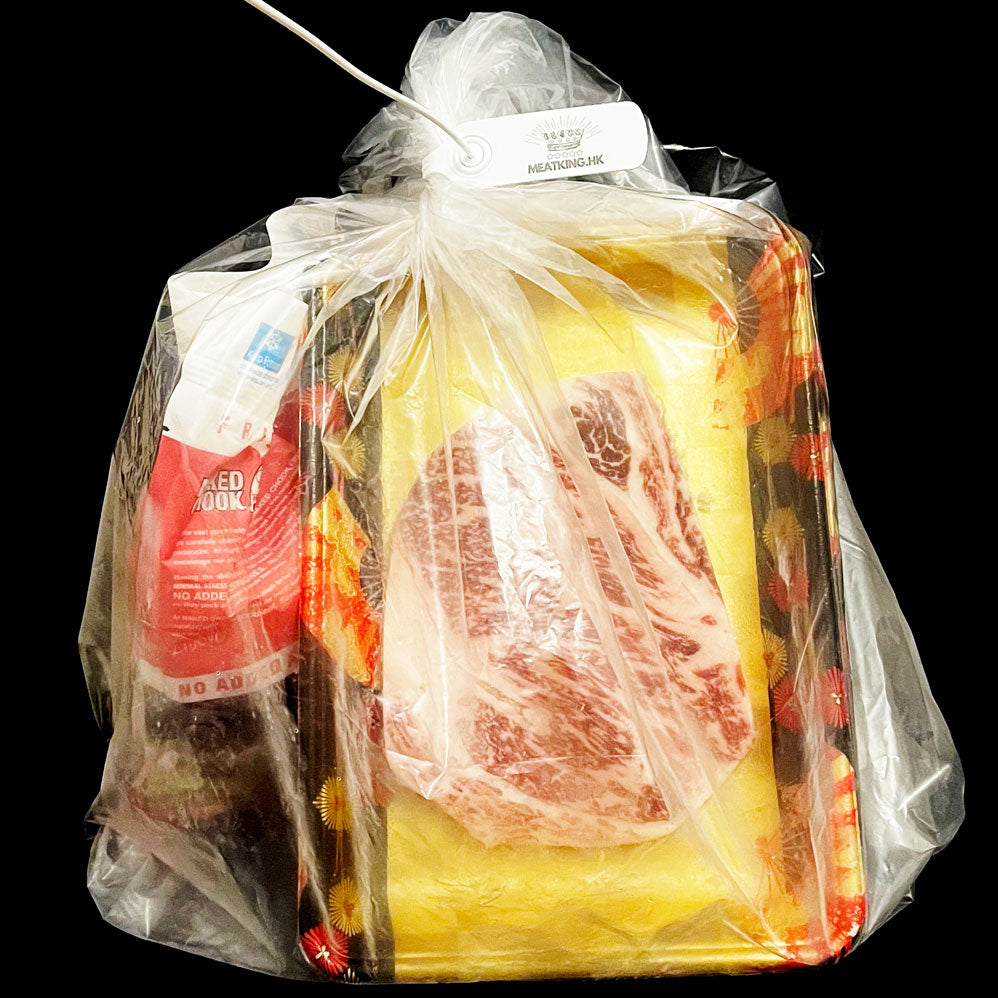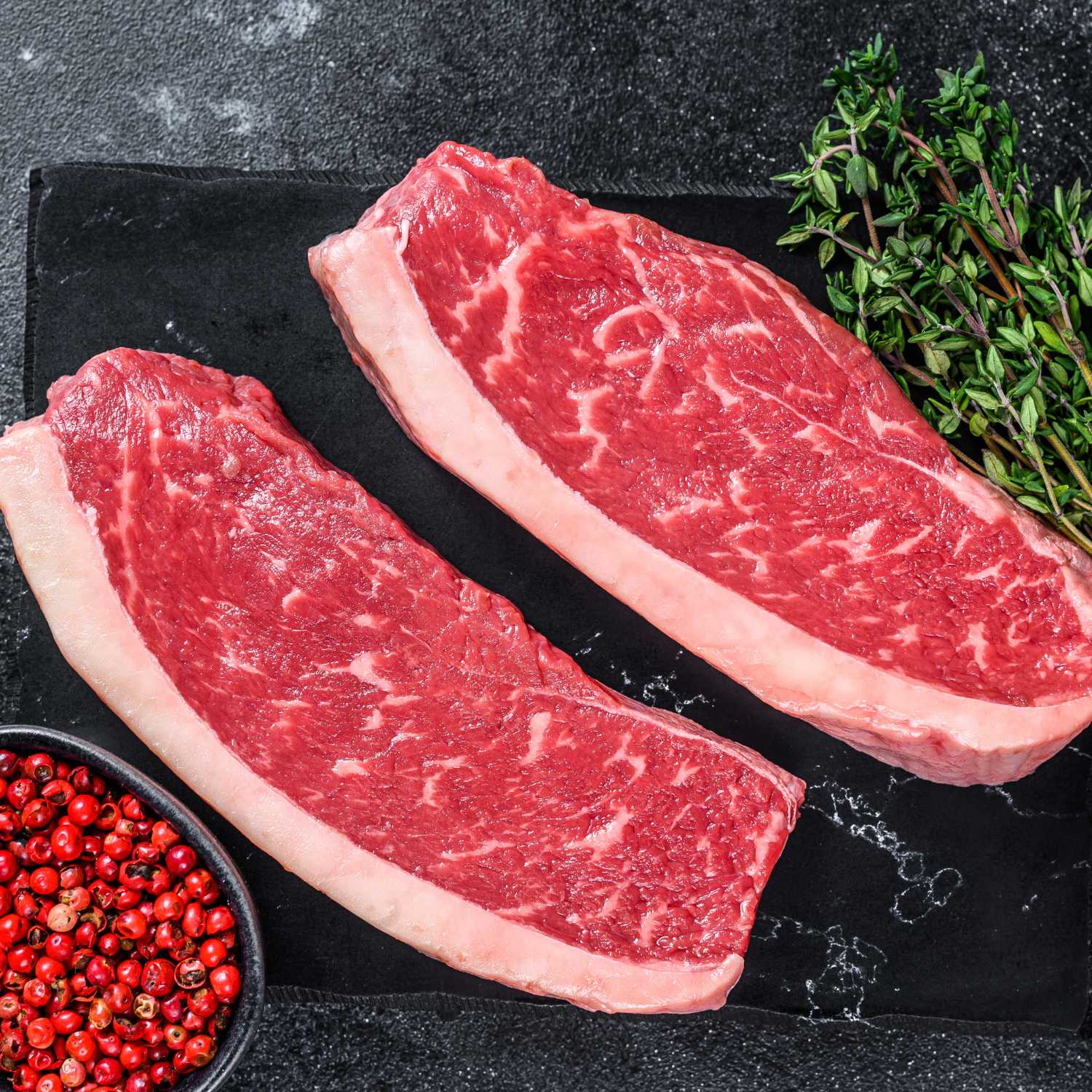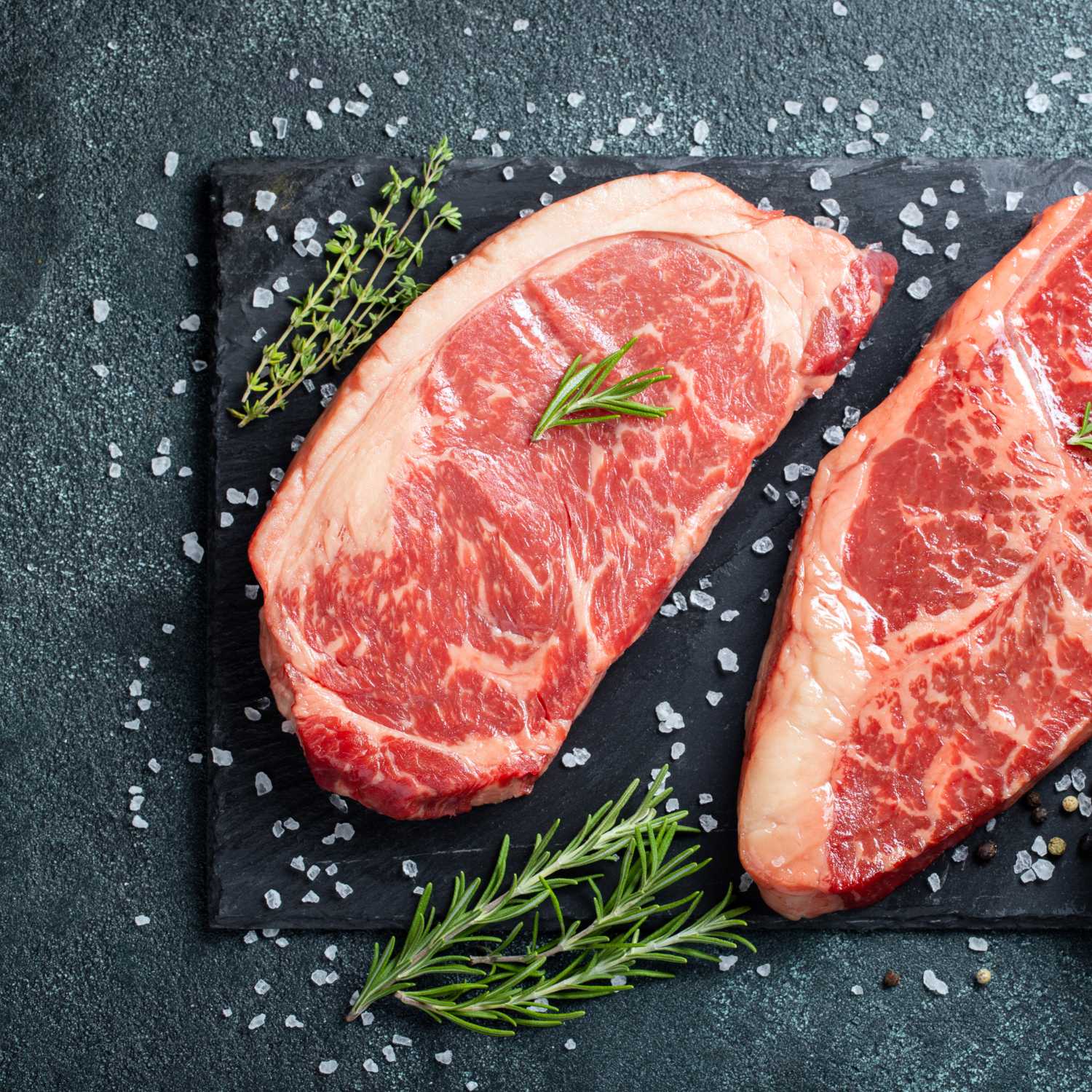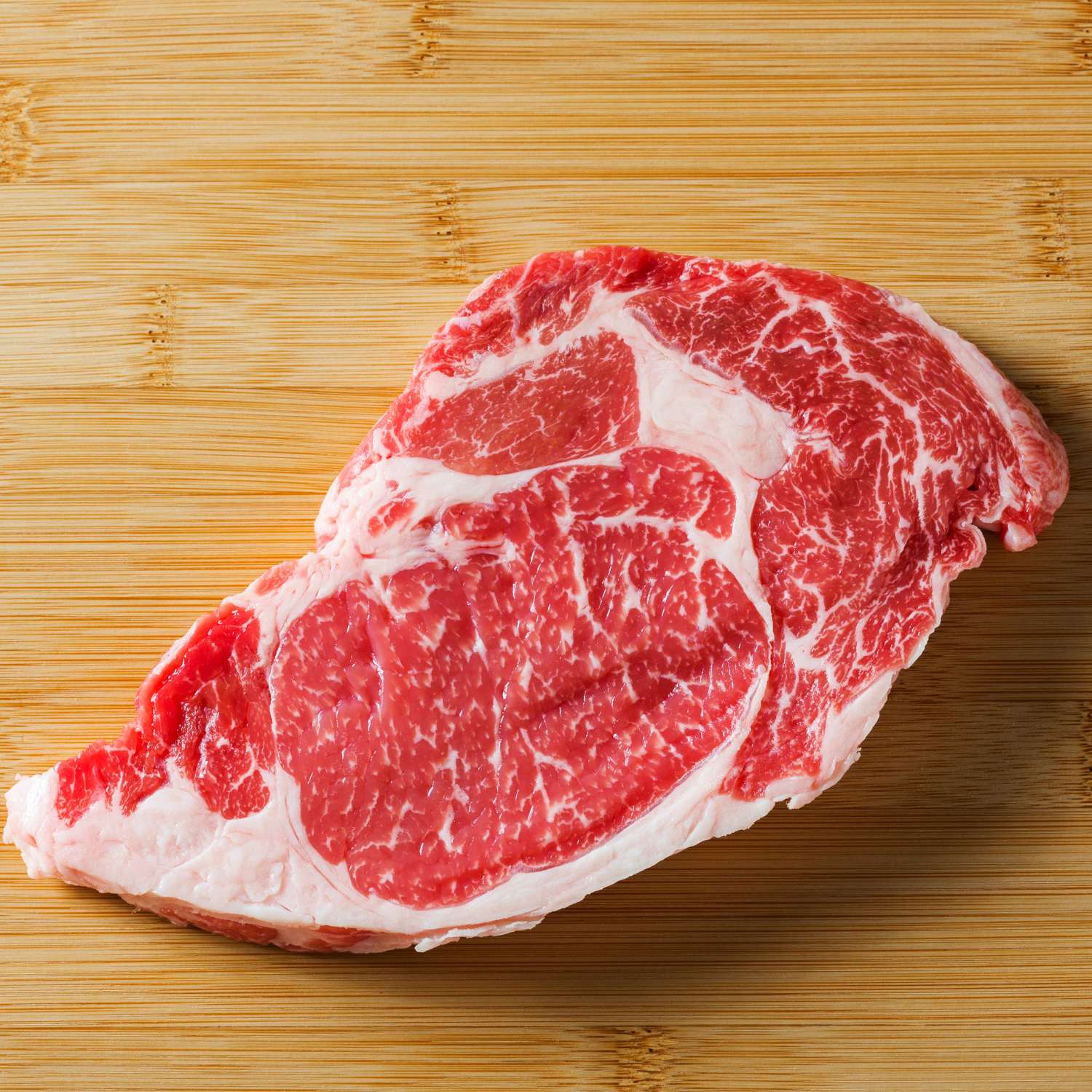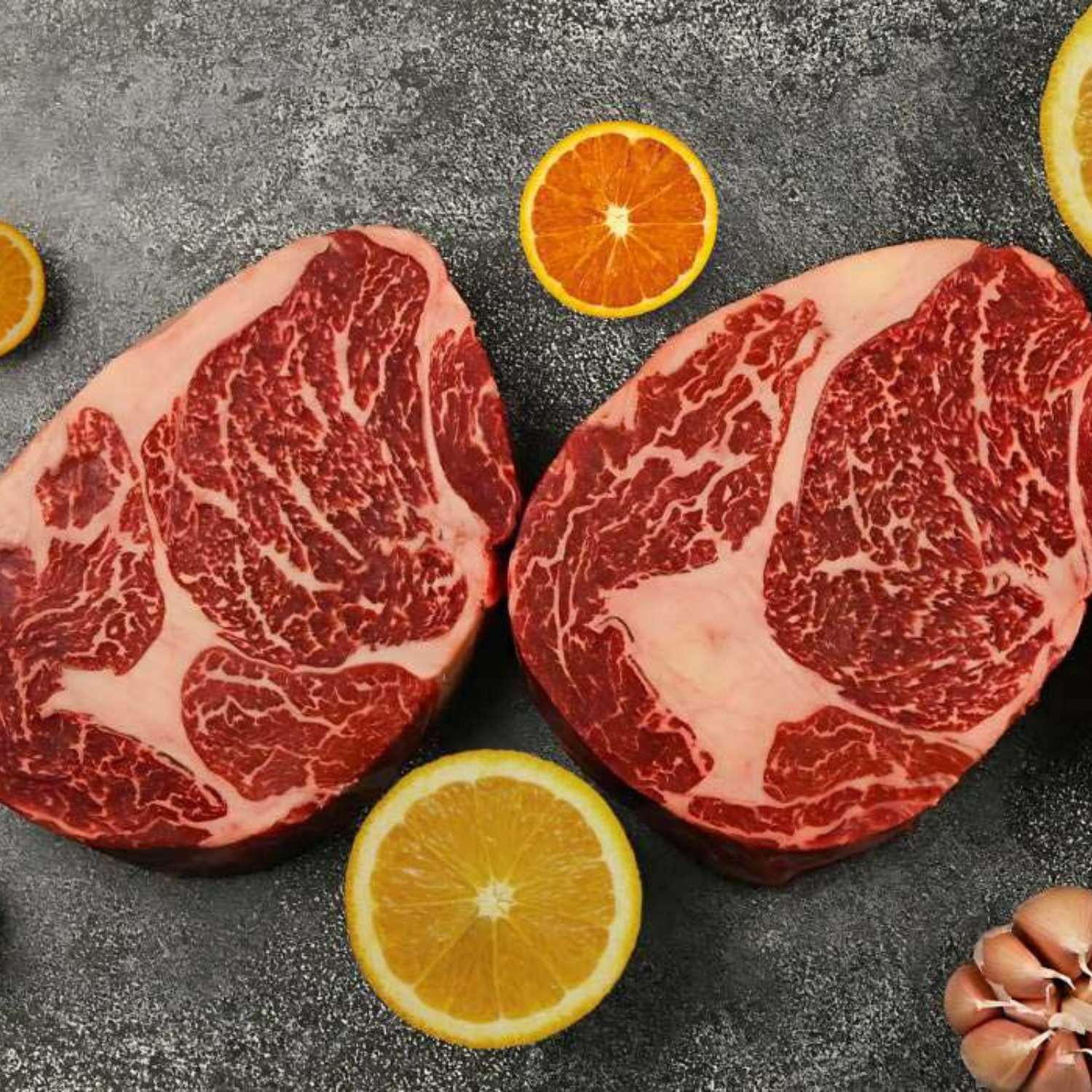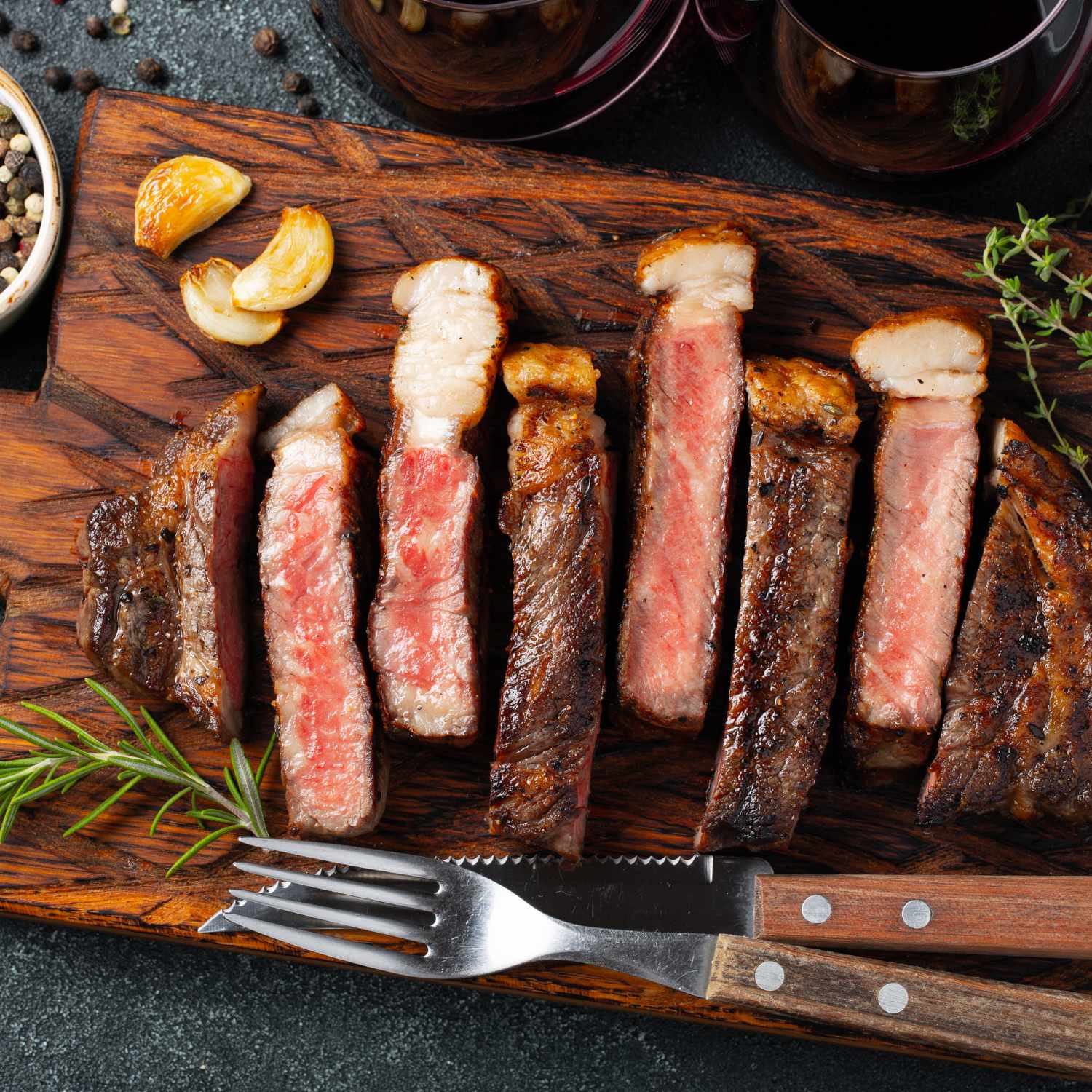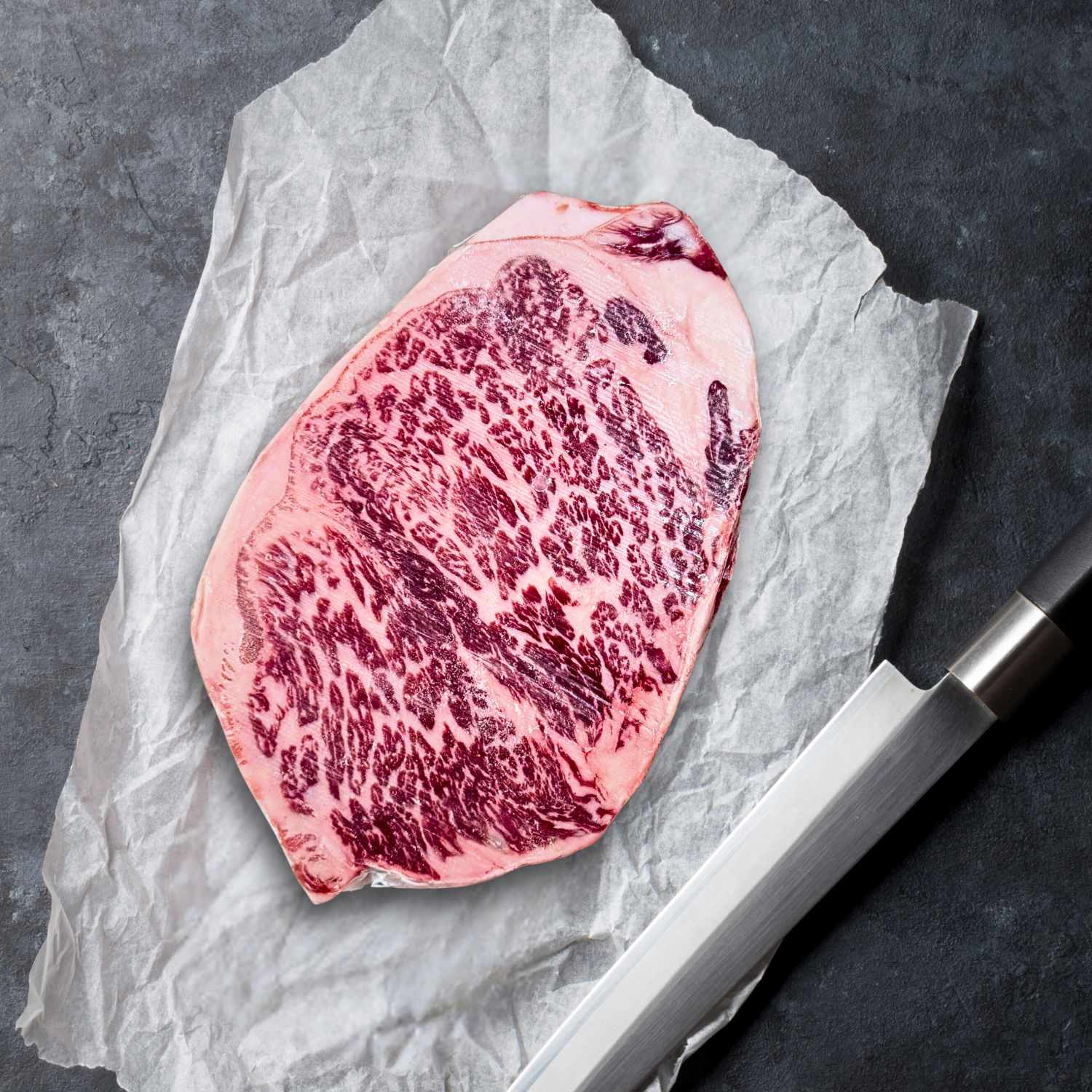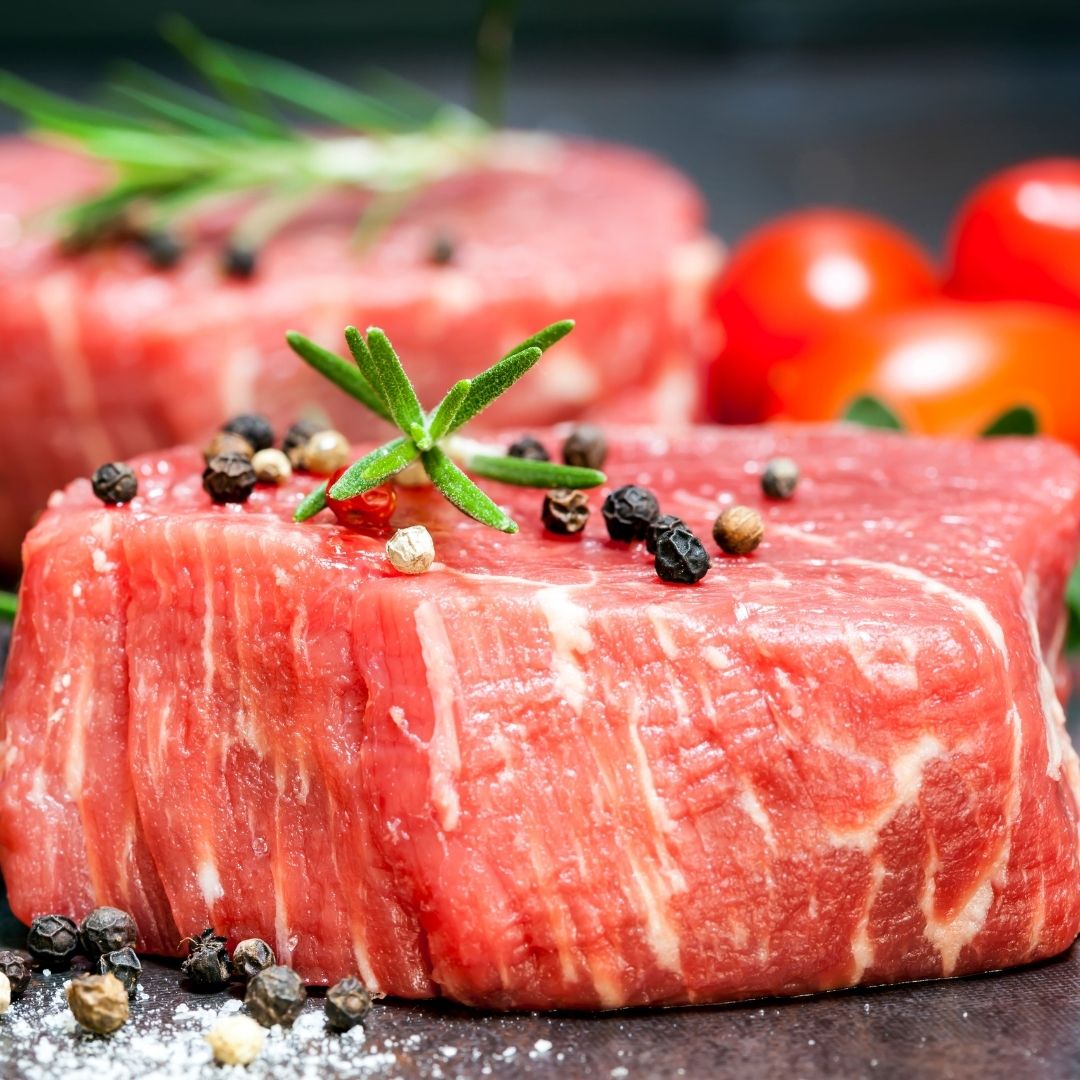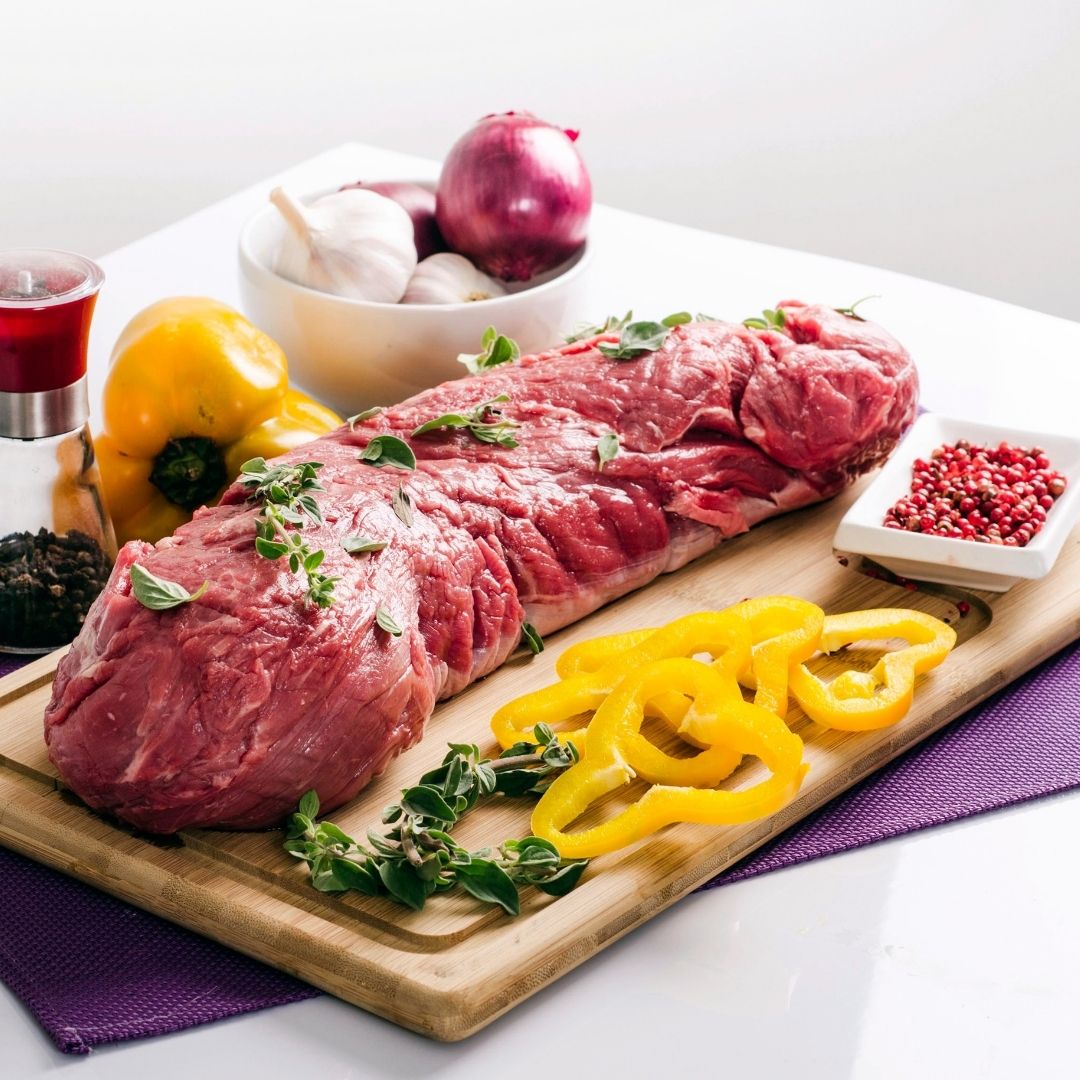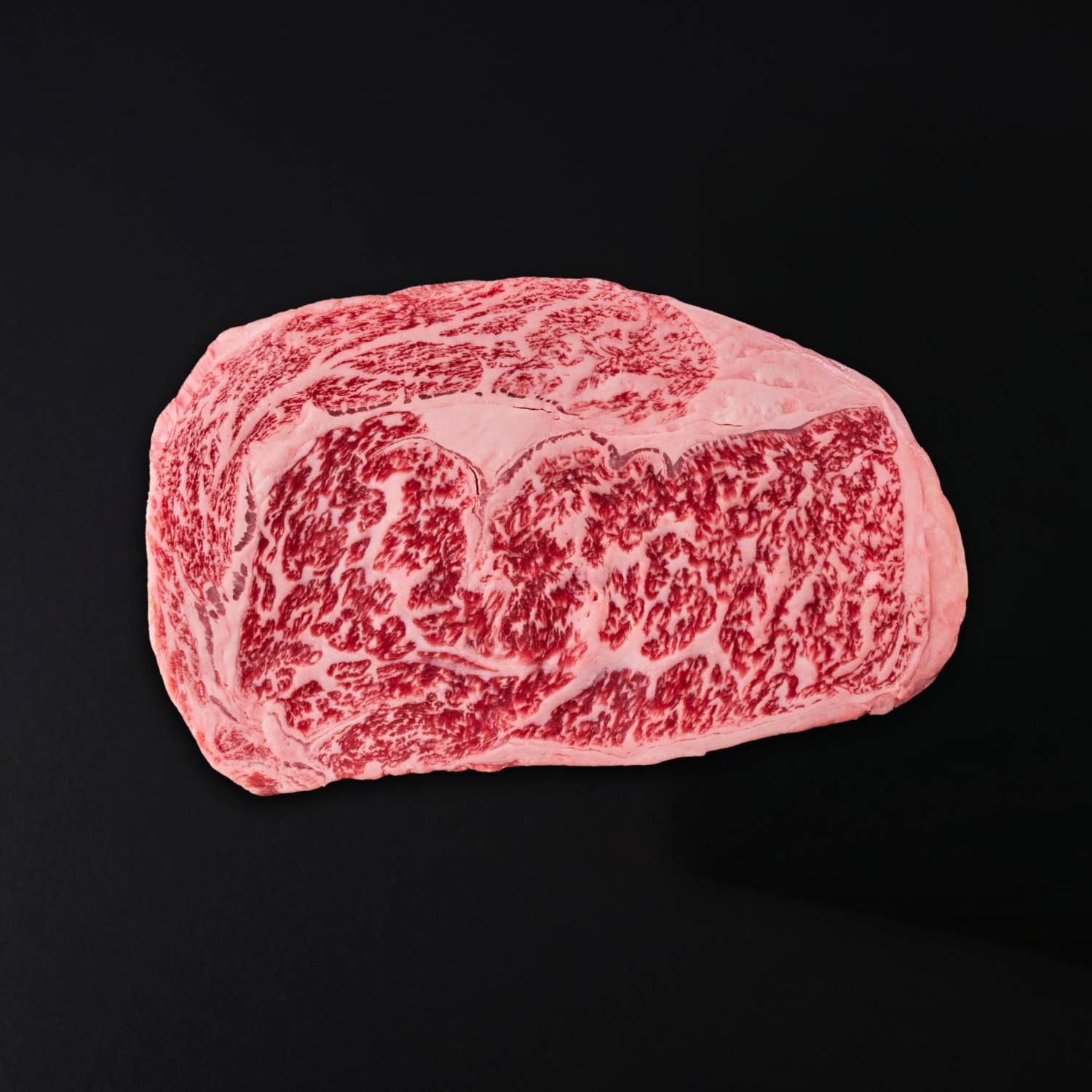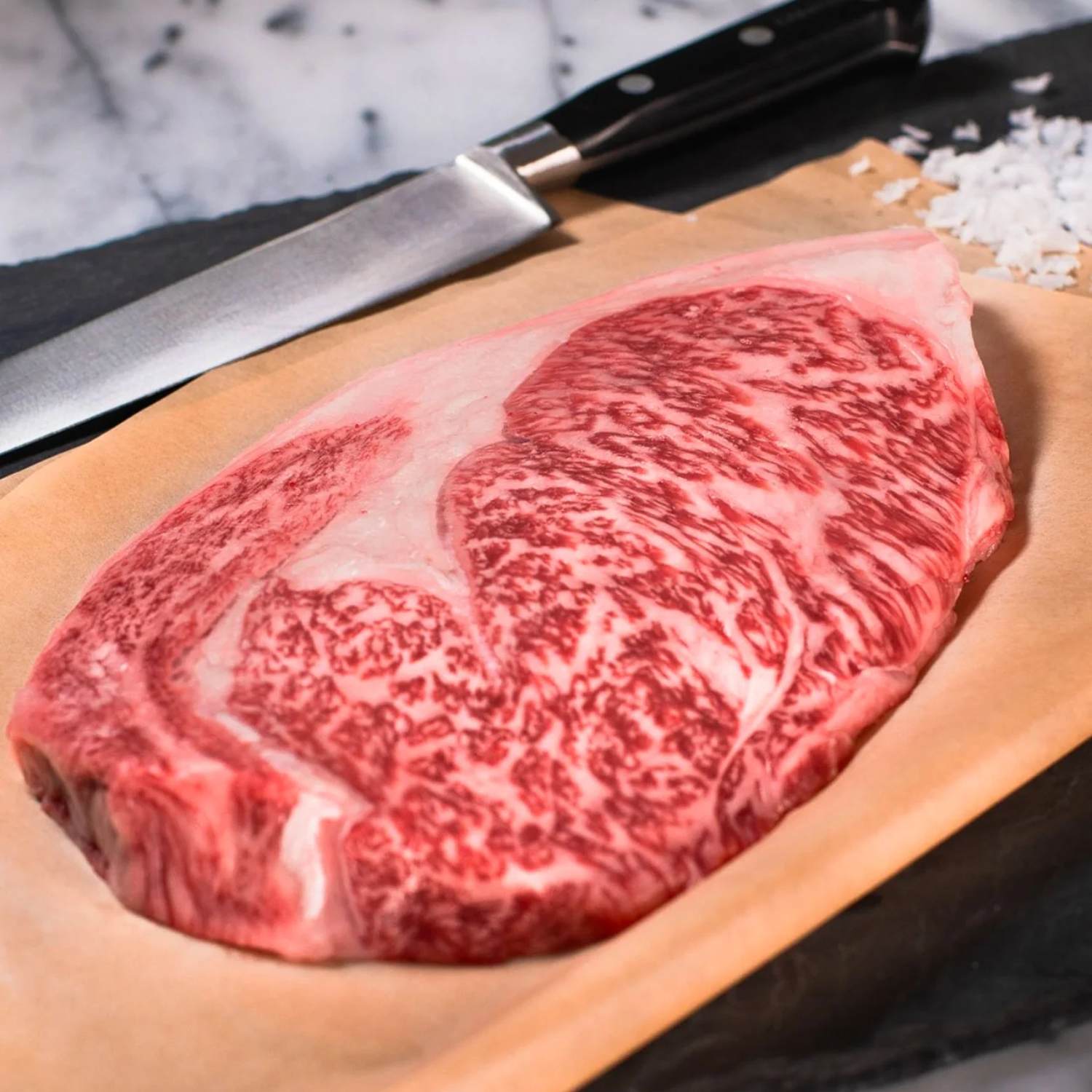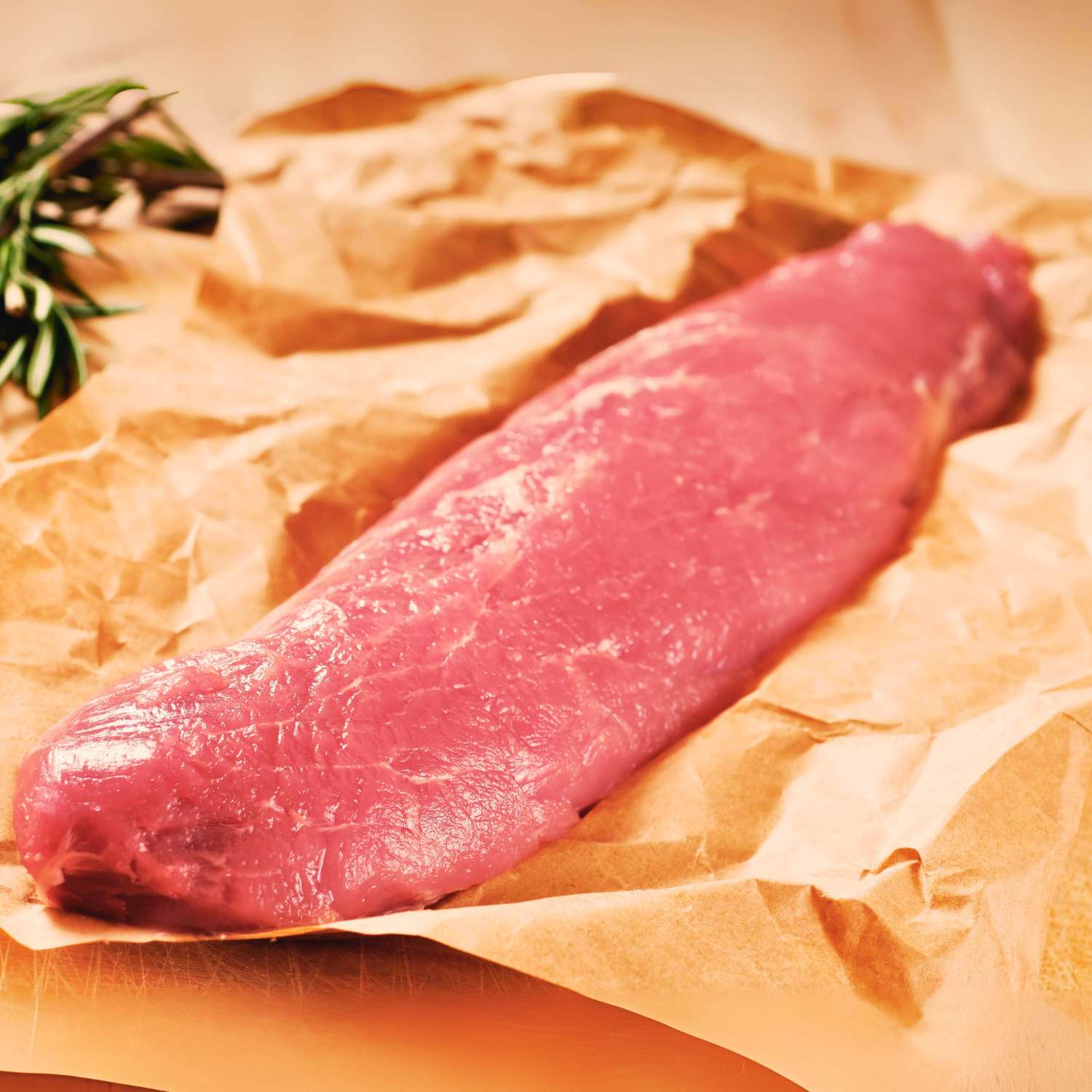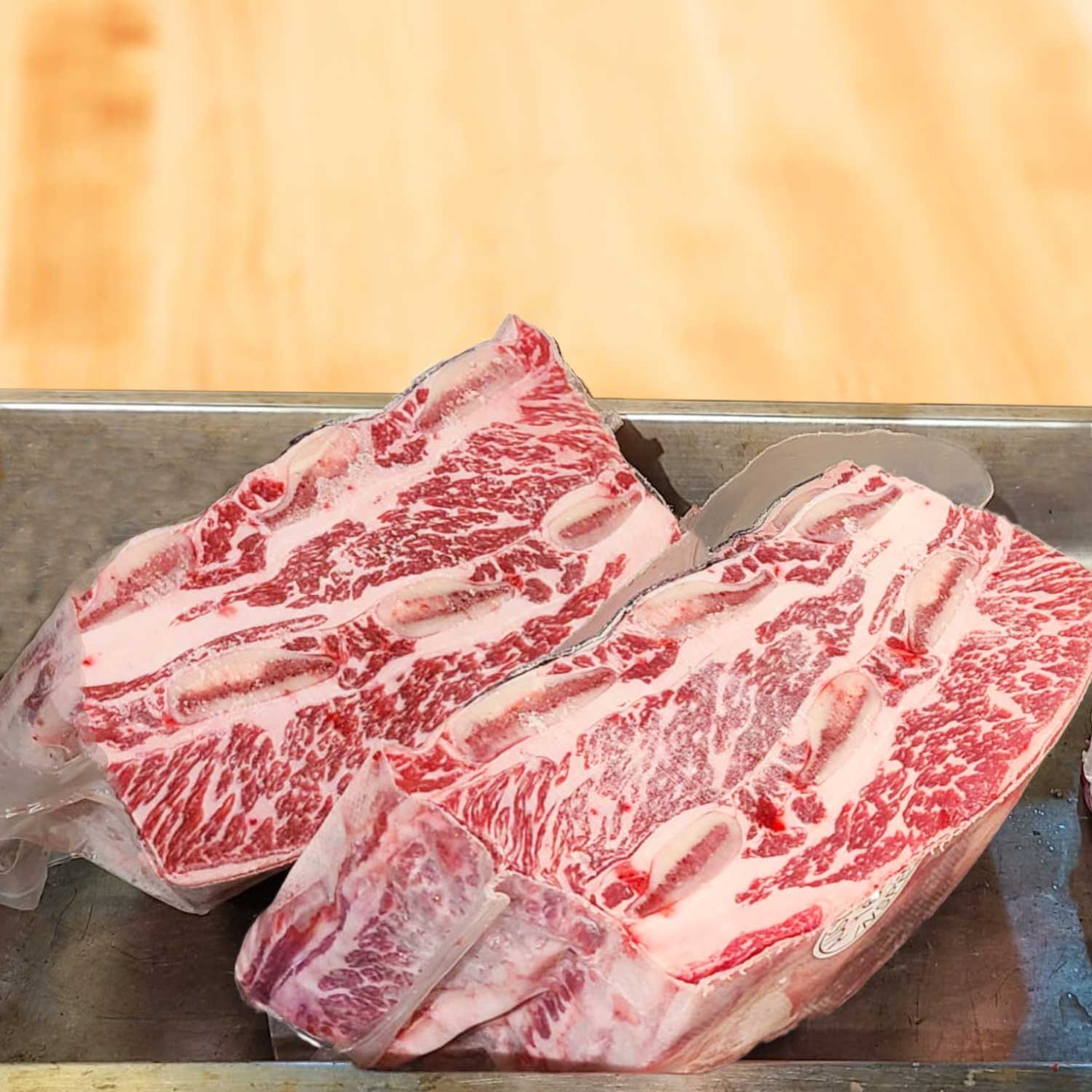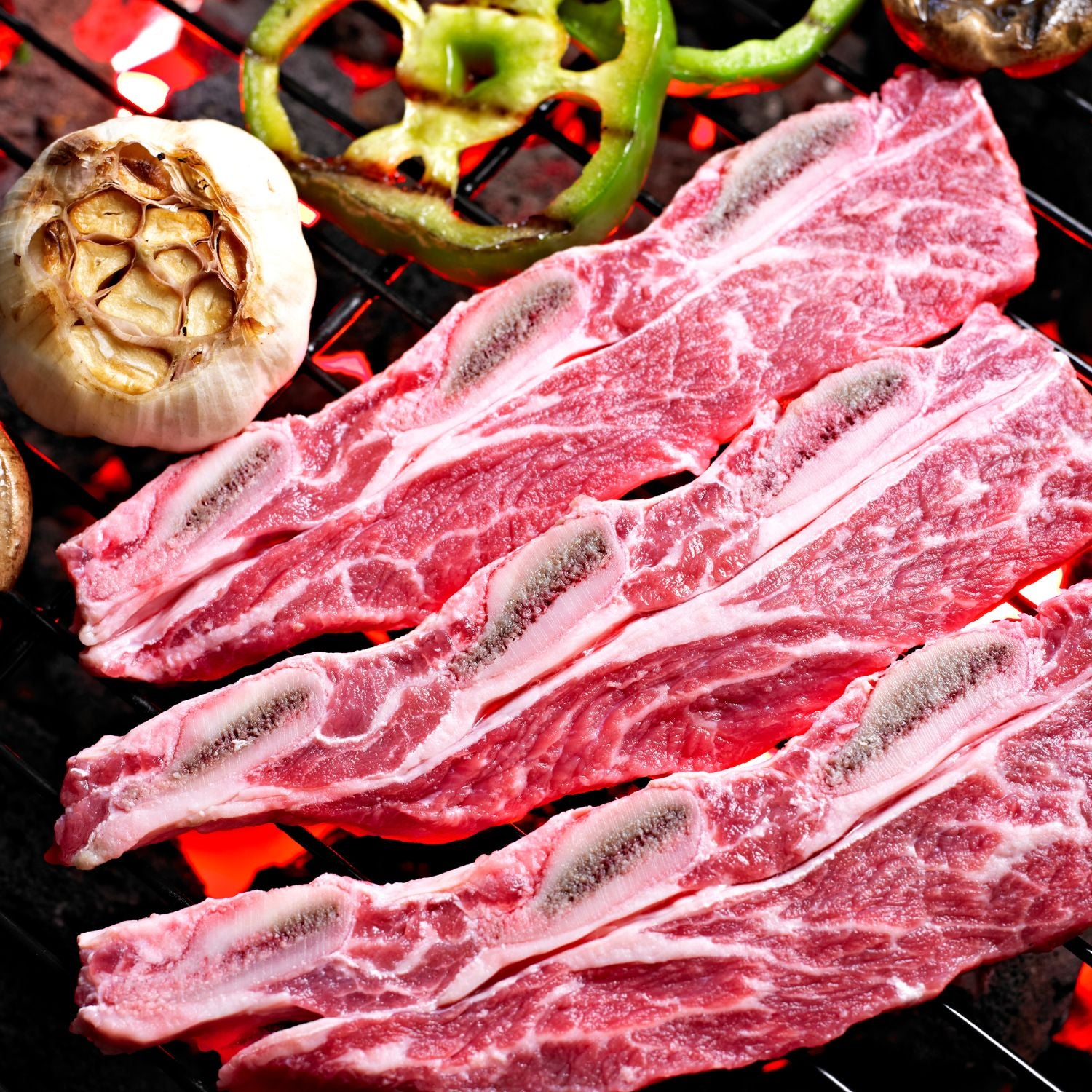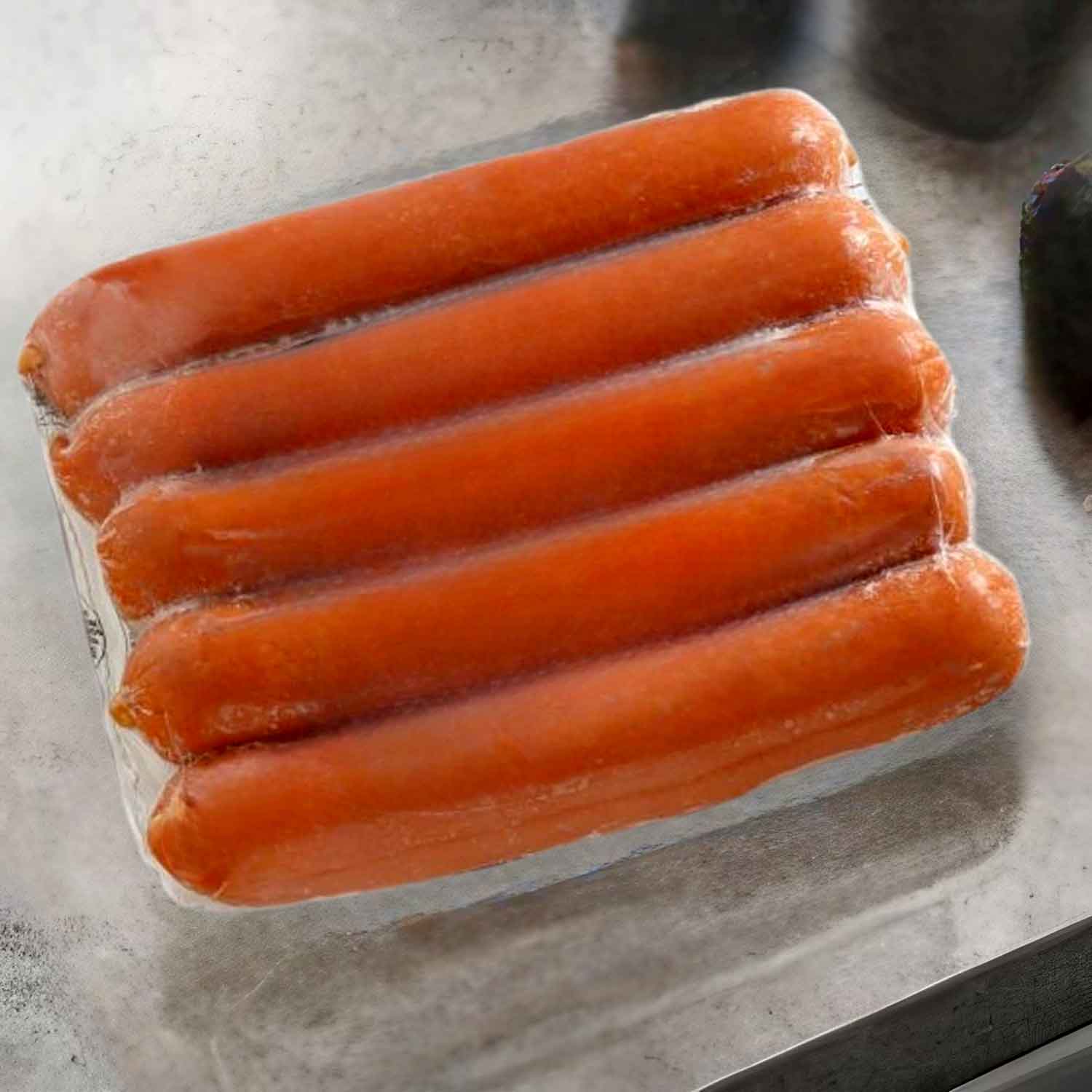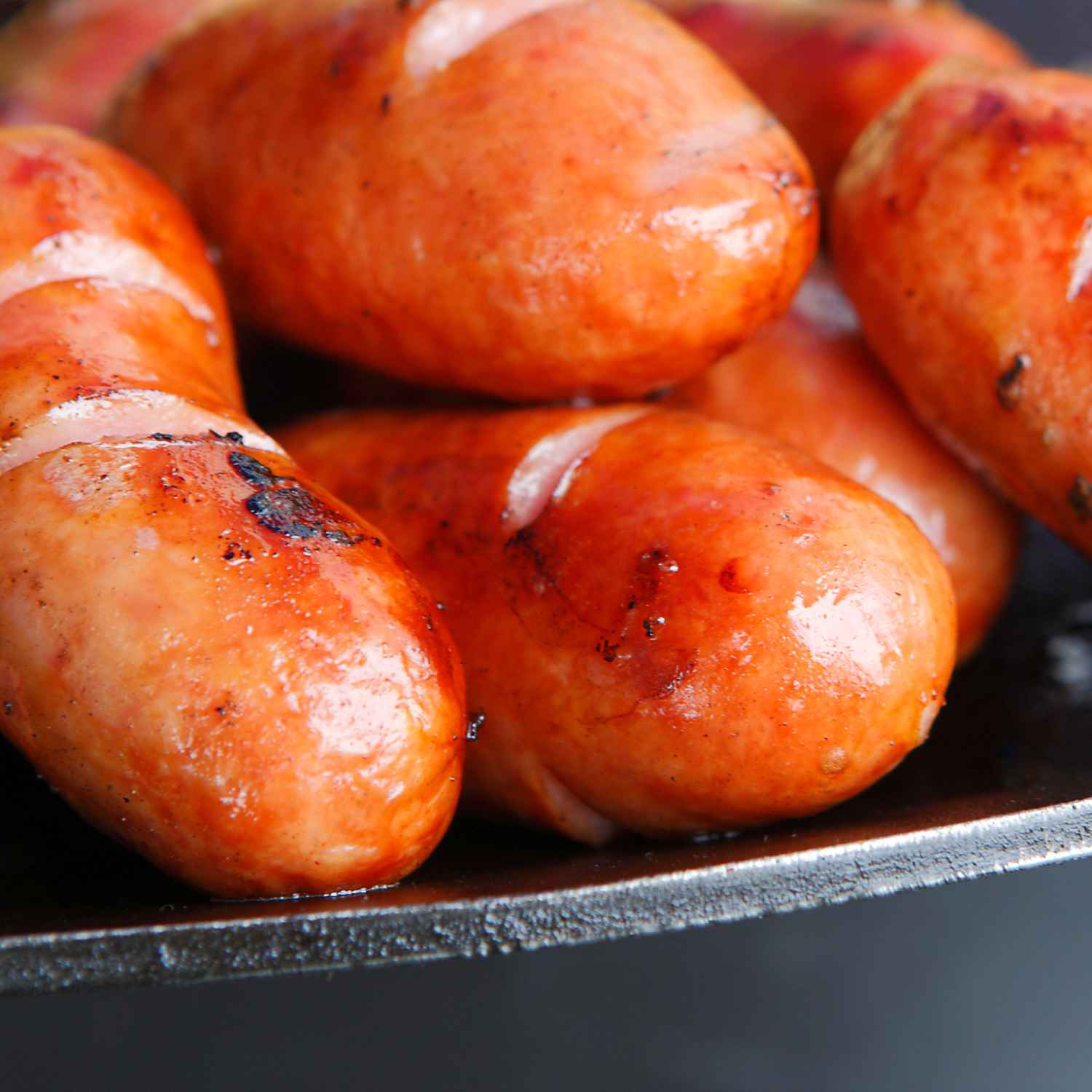Freezing meat is a convenient way to preserve it, but sometimes you may notice discoloration or even a green tint. Is this a sign of spoilage, or is the meat still safe to eat? In this post, we’ll explore why frozen meat changes color, what causes the green tint, and whether these changes affect food safety.
Why Does Meat Change Color in the Freezer?

When meat is exposed to air, the myoglobin in it reacts with oxygen, leading to discoloration. This process is known as oxidation and is responsible for changes in color. In fresh meat, oxidation can turn the bright red color (due to oxymyoglobin) into a brownish hue (metmyoglobin). When frozen, oxidation is much slower but still happens, especially when the meat is not vacuum-sealed.
• Oxidation During Freezing: Even in a freezer, small amounts of air can remain in packaging. Over time, the oxygen in that air interacts with the meat, causing it to discolor. While oxidation doesn’t necessarily mean the meat is spoiled, it may result in a slight loss of flavor.
What Causes the Green Tint in Meat?

The greenish tint often seen in frozen or processed meats can be explained by a combination of factors, including light reflection and chemical reactions.
• Light Reflection and Myoglobin: Myoglobin, the protein responsible for meat’s color, can reflect light in a way that produces a green tint. This is particularly common in processed meats like ham or beef cuts exposed to certain wavelengths of light.
• Bacterial Growth: If the meat emits a foul smell or has a slimy texture along with the green tint, it could indicate bacterial contamination. In such cases, it’s best to discard the meat.
The Role of Vacuum Sealing in Meat Discoloration

Vacuum sealing is a popular method for freezing meat because it removes air, which slows down oxidation. However, some level of discoloration can still occur even with vacuum-sealed meat, especially if it’s stored for extended periods.
• Oxidation in Vacuum-Sealed Meat: While vacuum sealing greatly reduces oxidation, it doesn’t completely stop it. Over time, you may notice a slight darkening of the meat, but this doesn’t necessarily mean it’s unsafe. Vacuum-sealed meat also helps preserve flavor and texture better than other methods.
Is Discolored Meat Safe to Eat?

In most cases, discolored meat is still safe to eat as long as it has been stored correctly and there are no signs of spoilage such as an off smell or slimy texture. Always inspect frozen meat before cooking to ensure it’s in good condition.
How to Prevent Meat Discoloration in the Freezer

To keep your meat looking fresh and to minimize discoloration, follow these tips:
• Use Vacuum Sealing: Removing air from the packaging helps to slow down the oxidation process and maintain the meat’s color.
• Freeze Quickly: Rapid freezing helps retain the meat’s natural color and prevents oxidation from occurring quickly.
• Label and Date: Always label and date your meat before freezing to ensure you’re consuming it within the optimal time frame, usually 3-6 months for best quality.
Conclusion:

Discoloration or a green tint in frozen meat is usually a result of oxidation or light reflection and doesn’t always indicate spoilage. If stored properly, frozen meat with minor discoloration is generally safe to eat. To avoid discoloration, vacuum-sealing your meat and freezing it quickly are the best options for preserving its appearance and flavor.

